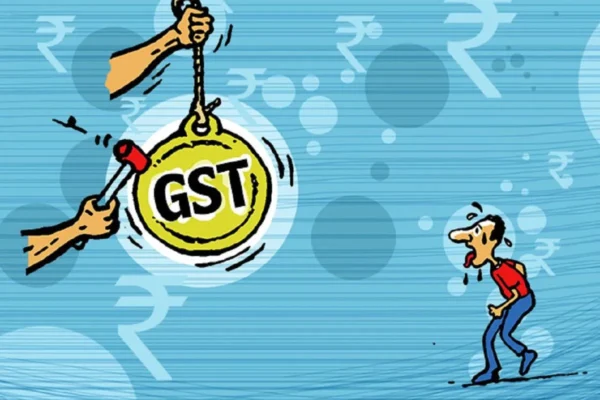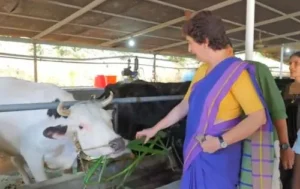
Fast-moving consumer goods (FMCG) companies have the option to increase grammage in products instead of reducing price to pass on the benefits under the latest round of rationalisation in GST rates, despite a recent ruling by the Delhi high court on an old dispute, according to government officials.
The Delhi high court last month adjudged that increasing quantity without reducing the maximum retail price (MRP) after GST cuts amounts to ‘deception’ as the purpose of tax cut is to make products and services more cost-effective for consumers.
However, one of the officials said the judgment is based on the earlier anti-profiteering framework, which is not applicable under GST 2.0, rolled out on September 22.
“The Delhi HC matter relates to a 2018 order of the National Anti-Profiteering Authority when such provisions under Section 171 of the CGST Act were in force,” the official added.
Another senior official also concurred with the view that Section 171 is not applicable under GST 2.0.Since the anti-profiteering provisions are no longer in operation, the official said such measures under the new regime, including higher grammage, or extra quantity, at the same price would be treated as equivalent to a price reduction.
In a ruling dated September 23, the Delhi high court upheld the NAA’s 2018 order against Sharma Trading Company in connection with Hindustan Unilever’s Vaseline product, holding that consumers must see a direct reduction in price when GST rates are cut, and not subtle adjustments like increased grammage.
Section 171 of the CGST Act was introduced in 2017 to ensure that businesses passed on the benefit of tax rate reductions or input tax credits to consumers through lower prices. It aimed to prevent companies from profiting unfairly when GST brought down overall tax costs.
To enforce this, the government created the NAA, which investigated complaints and ordered refunds or penalties where profiteering was found.
However, the system faced criticism for being subjective and intrusive as it often intervened in business pricing decisions. With the GST regime now more mature, the government has phased out the anti-profiteering mechanism.
The NAA’s functions were transferred to the GST Appellate Tribunal (GSTAT) in October 2024, and a sunset clause took effect from April 1, 2025, after which no new complaints can be filed.














